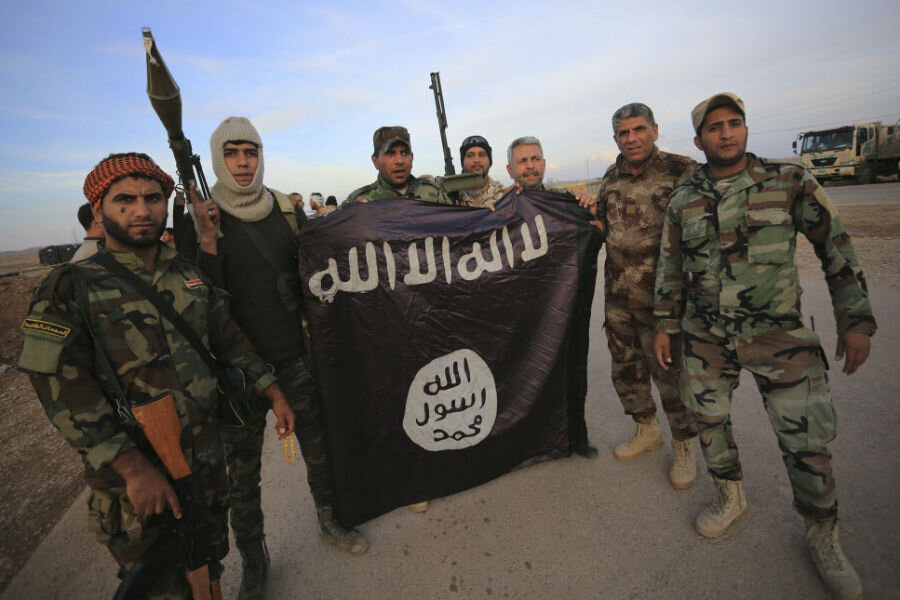The organization has shown “an ability to consistently acquire substantial revenue in order to efficiently fund effective governance,” warns a new Brookings Institution report, “Profiling the Islamic State,” which estimates the group's net worth at “close to $2 billion.”
The Islamic State is also “impressively managed” and “almost obsessively bureaucratic,” adds the report, written by Charles Lister, who is based in Doha, Qatar. He points out that the group knows the value, too, of providing “administrative and social services to civilians” in areas under its control.
This obsessive bureaucratic control also raises expectations, too. With this in mind, the Pentagon needs to target the transportation infrastructure used to bring oil to customers, which would have the additional benefit of cutting off key nodes of the militants' communication, as well as command and control, and upending the high expectations of service that many under Islamic State rule now have.
This bureaucratic control can quickly become oppressive as well, and the Pentagon’s psychological operations nodes would do well to exploit these actions such as, for example, the widely unpopular Islamic State ban on birth control for the women of Mosul, one of Iraq’s largest cities.








